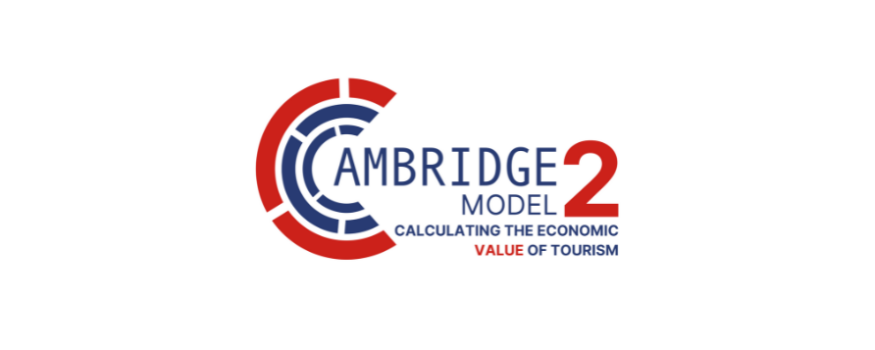TSE Research, part of Tourism South East, has launched an enhanced Cambridge Model 2. Building on over three decades of expertise with the original Cambridge Model, this upgraded tool integrates modern metrics, new data sets — including short-stay letting intel — and contemporary economic indicators to provide a more robust analysis of the economic impact on the volume and value of tourism in a district, county, or region.
The Cambridge Model 2 will continue to provide the annual volume of day visitors, domestic and overseas staying visitors, by purpose of trip and the type of accommodation used. Reports will continue to include the annual value of tourism spending and the number of jobs generated or supported by visitor spending. The upgraded model will also provide a dynamic picture of tourism trends and their economic contributions. Taking a hybrid bottom-up and top-down approach with localised data, the Cambridge Model 2 will now incorporate AirDNA private rental data, and predictive trends reporting will now also be part of the package utilising AI technologies.
Fran Downton, Chief Executive of TSE Research, said, “We’ve spent the past year investing and building on the solid foundation of the Cambridge Modelling platform, bringing the now 30-year-old model up to date and fit for purpose. In a long-term sustainable approach to research, we have ensured that this model and all destinations can remain ahead of the curve, supporting long-term strategic planning and funding applications in an ever-changing visitor economy landscape.”
The Cambridge Model 2 investment has focused on significantly updating the proportioning, algorithms and formulas to reflect current economics and new data sources. The previous model works on 1990s economic formulas to proportion data. For example, business tourism, international visitors to districts, second homeowners, and marina tourism are all pre-set data and are just some of the areas that have been brought up to date.
In addition, the private accommodation rental sector has moved considerably since the initial model was built, and traditional accommodation data gathering and bed stocks do not include data from Airbnb, Vrbo and other private rental sites. Cambridge Model 2 will now incorporate AirDNA private rental data, integrating annual total available bookings, occupancy by size and property type into its accommodation reporting.
As a licensed user of the Cambridge Model for over 30 years, TSE Research continues to lead in tourism performance measurement and remains dedicated to supporting the industry’s future.
Click here for more information about the Cambridge Model 2.










